In the world of interior design, tiles play a crucial role in shaping the overall appeal and functionality of a space. When it comes to choosing tiles, two popular options are floor tiles and wall tiles. While they may seem interchangeable, there are key differences between the two that need to be considered. In this article, we will explore the distinctions between floor tiles and wall tiles and help you make informed decisions when selecting the right tile for your project. Durability and Resistance: One of the primary differences between floor tiles and wall tiles lies in their durability and resistance. Floor tiles are specifically designed to withstand heavy foot traffic, making them highly durable and resistant to wear and tear. On the other hand, wall tiles are generally lighter and less robust, as they are not subjected to the same level of stress as floor tiles. Therefore, selecting floor tiles for your flooring needs will ensure longevity and withstand the daily demands of foot traffic. Surface Finish and Grip: Another crucial aspect to consider is the surface finish and grip provided by floor and wall tiles. Floor tiles typically have a matte or textured finish to enhance grip, ensuring safety, especially in areas prone to spills or moisture such as kitchens and bathrooms. Wall tiles, on the other hand, often have a smooth or glossy finish, enhancing the visual appeal without compromising functionality.
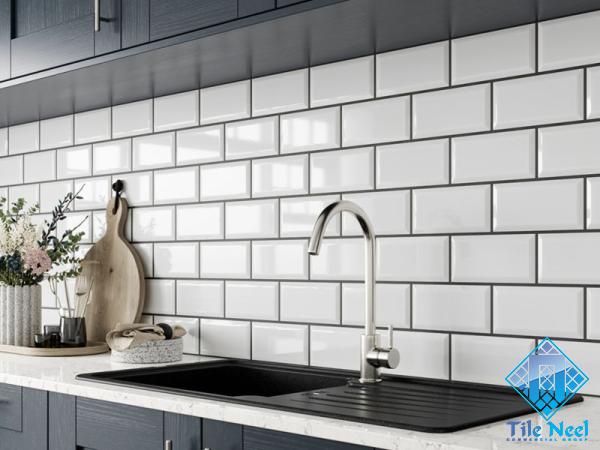
.
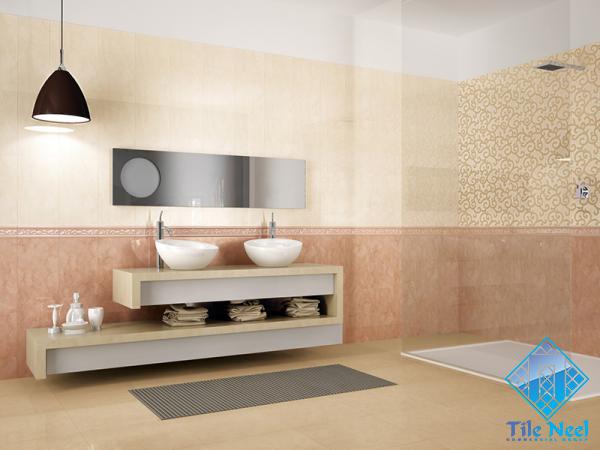 It is essential to choose the right texture and finish depending on the application to avoid accidents or slips. Size and Thickness: Floor tiles and wall tiles also differ in terms of size and thickness. Floor tiles are typically thicker and come in larger sizes to withstand the weight and stress of foot traffic. Smaller tiles may be used for intricate designs, but they still maintain a thicker profile. Conversely, wall tiles are often thinner and available in smaller sizes, allowing for easier installation on vertical surfaces. Keep in mind the dimensions and weight bearing capacities when selecting tiles to ensure overall structural integrity and longevity. Visual Design and Aesthetics: While both types of tiles offer endless possibilities for creative expression, there are certain design considerations when choosing between floor tiles and wall tiles. Floor tiles, being located at a lower eye-level, are generally more robust and come in a wider array of patterns, textures, and colors.
It is essential to choose the right texture and finish depending on the application to avoid accidents or slips. Size and Thickness: Floor tiles and wall tiles also differ in terms of size and thickness. Floor tiles are typically thicker and come in larger sizes to withstand the weight and stress of foot traffic. Smaller tiles may be used for intricate designs, but they still maintain a thicker profile. Conversely, wall tiles are often thinner and available in smaller sizes, allowing for easier installation on vertical surfaces. Keep in mind the dimensions and weight bearing capacities when selecting tiles to ensure overall structural integrity and longevity. Visual Design and Aesthetics: While both types of tiles offer endless possibilities for creative expression, there are certain design considerations when choosing between floor tiles and wall tiles. Floor tiles, being located at a lower eye-level, are generally more robust and come in a wider array of patterns, textures, and colors.
..
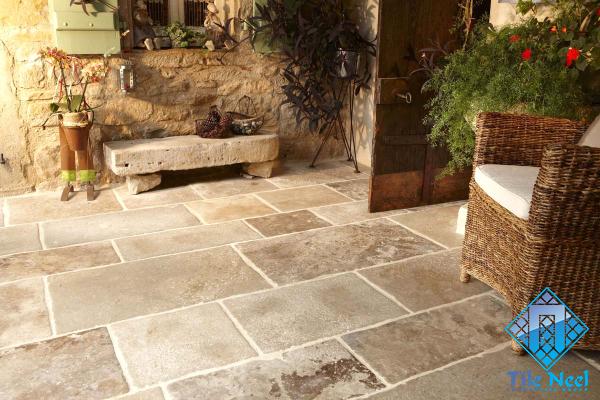 Wall tiles, on the other hand, tend to be more decorative and visually appealing. They are designed to complement the overall aesthetic of a room without compromising on functionality. Installation and Maintenance: Lastly, installation and maintenance are important factors to consider. Given their weight and thickness, floor tiles require a more complex installation process, often involving the use of mortar and grout to ensure stability. Wall tiles, being lighter and thinner, are easier to install and require less labor-intensive procedures. Similarly, when it comes to maintenance, floor tiles may require more frequent cleaning and regular maintenance due to their exposure to foot traffic. Wall tiles, being less exposed to wear and tear, typically require less maintenance and offer easier cleaning options.
Wall tiles, on the other hand, tend to be more decorative and visually appealing. They are designed to complement the overall aesthetic of a room without compromising on functionality. Installation and Maintenance: Lastly, installation and maintenance are important factors to consider. Given their weight and thickness, floor tiles require a more complex installation process, often involving the use of mortar and grout to ensure stability. Wall tiles, being lighter and thinner, are easier to install and require less labor-intensive procedures. Similarly, when it comes to maintenance, floor tiles may require more frequent cleaning and regular maintenance due to their exposure to foot traffic. Wall tiles, being less exposed to wear and tear, typically require less maintenance and offer easier cleaning options.
…
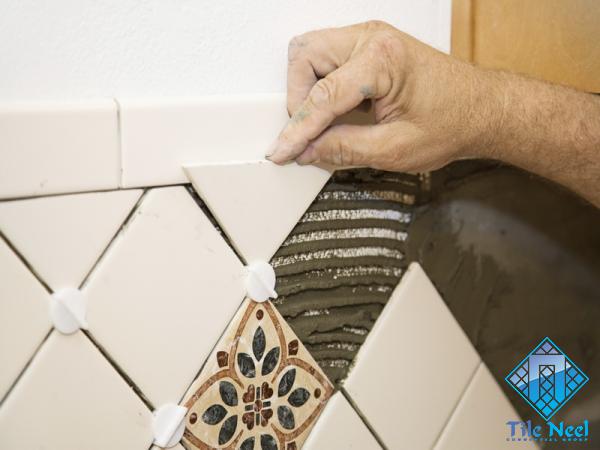 Conclusion: Choosing the right type of tile for your project depends on various factors such as durability, resistance, surface finish, size, thickness, aesthetics, installation, and maintenance. Both floor tiles and wall tiles have their own advantages and are specifically designed for their respective applications. By understanding these differences, you can make well-informed decisions that effectively enhance the functionality and visual appeal of your space. Whether you are renovating your home or designing a commercial space, considering these factors will ensure long-lasting and visually pleasing results.
Conclusion: Choosing the right type of tile for your project depends on various factors such as durability, resistance, surface finish, size, thickness, aesthetics, installation, and maintenance. Both floor tiles and wall tiles have their own advantages and are specifically designed for their respective applications. By understanding these differences, you can make well-informed decisions that effectively enhance the functionality and visual appeal of your space. Whether you are renovating your home or designing a commercial space, considering these factors will ensure long-lasting and visually pleasing results.
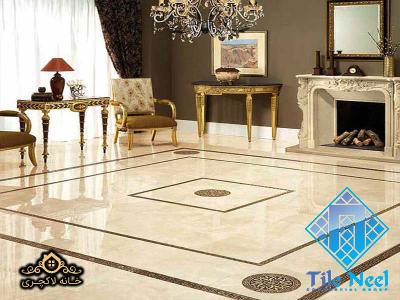
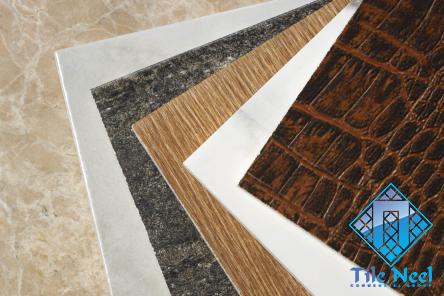
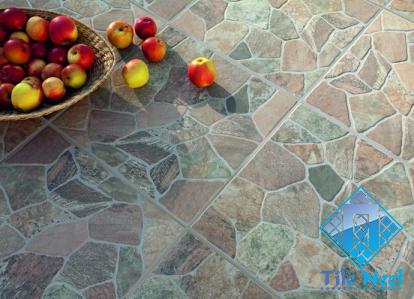
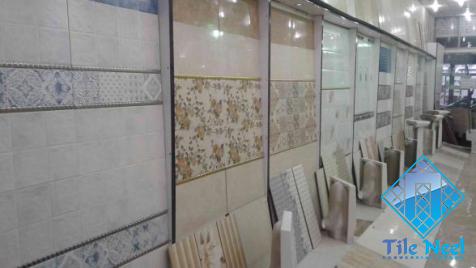
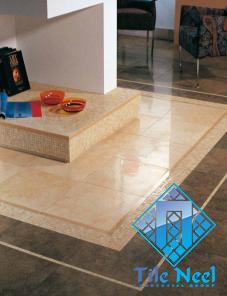

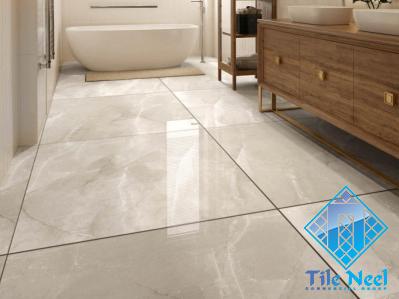
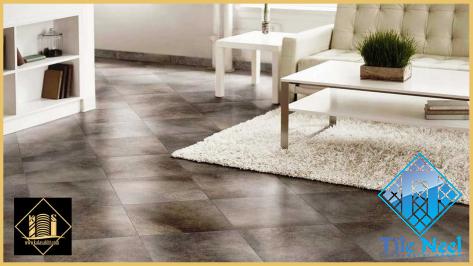
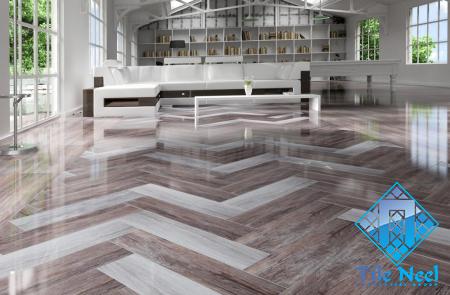
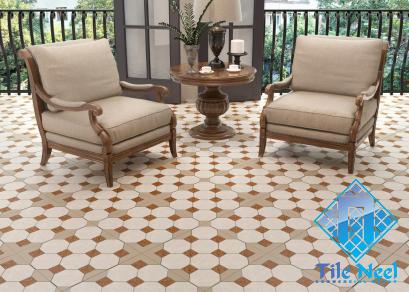
Your comment submitted.